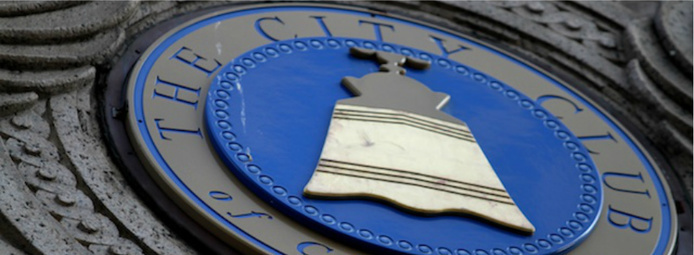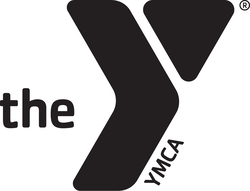Monday, April 12, 2021
#FREESPEECH in the News April 12, 2021

As the Citadel of Free Speech here in Cleveland, we work to protect and promote the basis of our democracy by sharing related stories, commentary, and opinions on free speech in the 21st century. Here's what's making the news – and what you should know about – in the past week.
1.) North Carolina Takes Aim at Drones – But Hits Free Speech
Nobody tries to shut down Google when the tech giant takes aerial photographs and stitches them together seamlessly in Maps. But North Carolina regulators pounced on Goldsboro drone operator Michael Jones when he did something similar for his clients.
The North Carolina Board of Examiners for Engineers and Surveyors sent Jones a cease-and-desist letter, accusing him of violating state laws against the unlicensed practice of land surveying. The ancient profession—as old as property taxes—deals with the measurement and recording of real estate boundaries for legal purposes. The allegations stunned Jones, who never did anything close to surveying. He just mounted cameras and other equipment onto drones, and used the technology to capture high-resolution images packed with information for his clients.
Sometimes he created multiple frames that fit together like a puzzle or grid, but he never purported to establish legal plot boundaries. His work was purely informational. “I never submitted anything official,” Jones says. Google provides similar services when it labels landmarks and draws lines on interactive maps. So do Apple, MapQuest, Bing and Garmin. None of these activities establishes or changes property lines for legal purposes. Otherwise, North Carolina would be busy sending nasty letters to corporate headquarters all over the world. If the state tried to silence Silicon Valley and other tech hubs, it would get a quick lesson in the First Amendment. Gathering, formatting and sharing information is speech—whether people use old typewriters or cutting-edge quadcopters. The Constitution protects the process regardless of the technology involved, even when someone sells the final product for money.
The Supreme Court on Monday vacated an appeals court ruling that President Donald J. Trump had violated the First Amendment by blocking people from his Twitter account after they posted critical comments.
A unanimous three-judge panel of the appeals court ruled in 2019 that Mr. Trump’s account was a public forum from which he was powerless to exclude people based on their viewpoints.
The Supreme Court’s move was expected, as Mr. Trump is no longer president and Twitter has permanently suspended his account.
More surprising was a 12-page concurring opinion from Justice Clarence Thomas musing on what he called the dangerous power a few private companies have over free speech.
3.) 9 Texans Sue Attorney General Ken Paxton for Blocking Users on Twitter
Nine Texans have sued state Attorney General Ken Paxton, claiming he blocked them on Twitter for criticizing him or his policies in comments responding to his tweets. The lawsuit, filed Thursday in federal court in Austin, asks a judge to declare Paxton's action unconstitutional and require him to unblock the plaintiffs and anyone else he has blocked because of their viewpoints. The suit is the latest legal challenge to public officials who block constituents on social media.
"Attorney General Paxton is preventing Texans from exercising their First Amendment rights. He cannot bar them from directly expressing their criticisms of his policies and qualifications by blocking them on Twitter," said Kate Huddleston, attorney for the ACLU of Texas, who is representing the plaintiffs.
The Knight First Amendment Institute at Columbia University, which filed a similar lawsuit against then-President Donald Trump, has also joined the suit. The nine plaintiffs in the Paxton suit include a U.S. Army veteran, an immigration advocate, the leader of a progressive political group, two students, a lawyer and a journalist. The court will decide whether Paxton's Twitter account, @KenPaxtonTX, is a personal or official account. Some politicians, including Trump, have tried to claim their accounts are personal and not official methods of communication to evade First Amendment violations.





